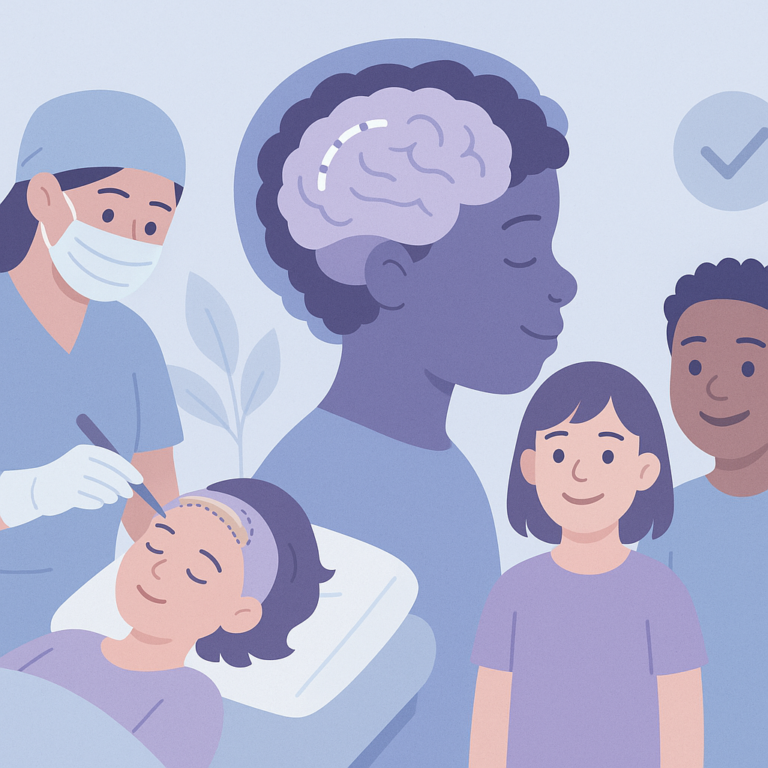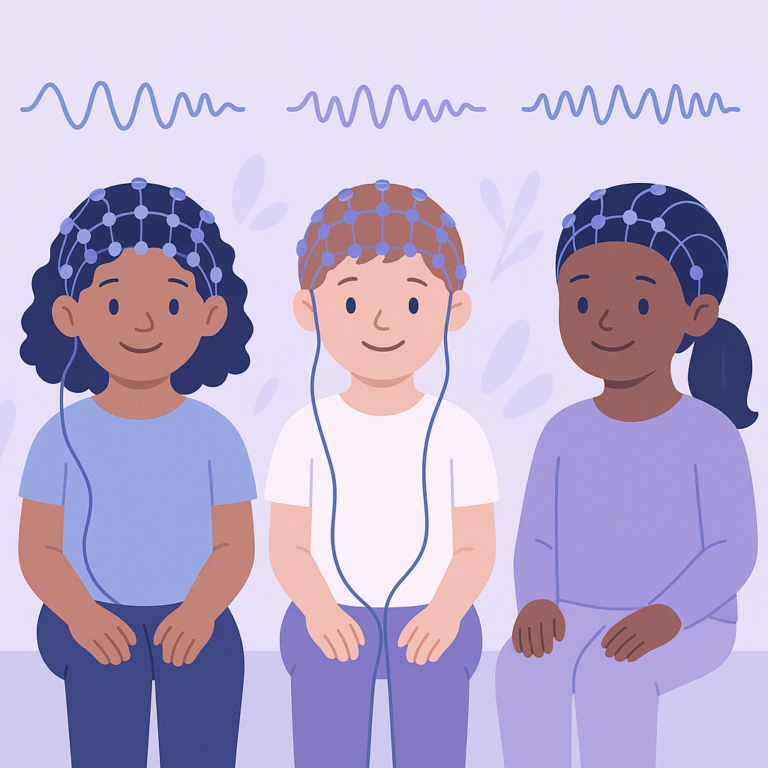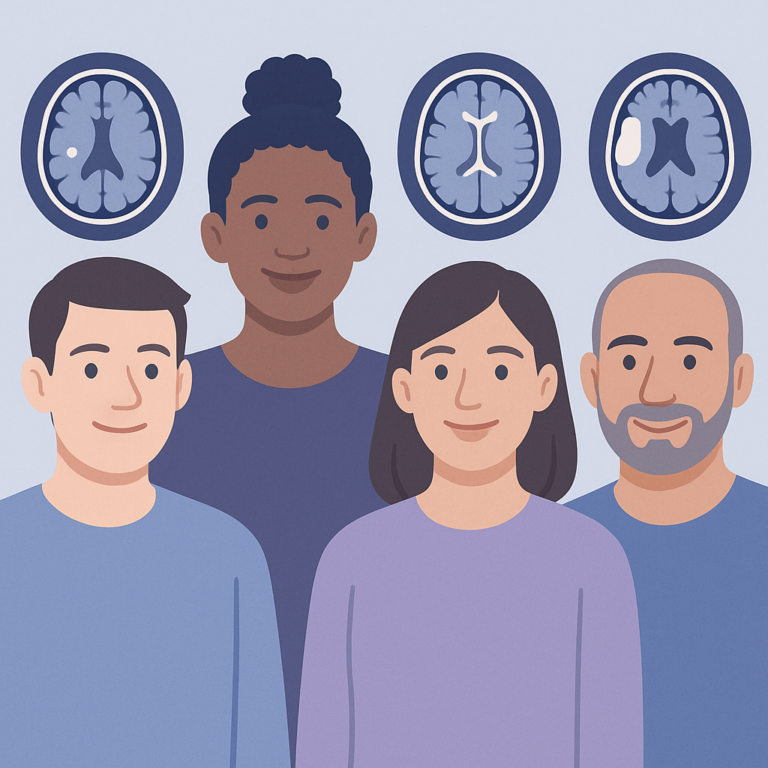Addressing Disparities in Pediatric Epilepsy Surgery Access
This study looked at how different factors affect the journey of young people with epilepsy who might need surgery.

This study looked at how different factors affect the journey of young people with epilepsy who might need surgery.

This study focused on understanding how different genetic changes in the KCNQ2 gene affect cognitive abilities and epilepsy in a group of 90 patients from China.

Researchers studied how well mobile health (mHealth) tools could help caregivers of young children with epilepsy stick to their prescribed antiseizure medications.

This study looked at two different surgical treatments for people with nontumoral epilepsy, which is epilepsy not caused by a brain tumor.

A study was conducted to compare two medications, sodium valproate (VPA) and levetiracetam (LEV), for treating children aged 2 to 18 who were newly diagnosed with epilepsy.

This study looked at the effects of epilepsy surgery on children and teenagers who have epilepsy that does not respond to medication.

This study looked at the outcomes of surgery for children with epilepsy caused by a brain condition called focal cortical dysplasia (FCD).

This study looked at children who have delays in language development to see how common certain brain activity patterns, called epileptiform discharges, are among them.

Researchers studied brain MRI scans of 139 children with specific genetic types of epilepsy linked to four genes: SCN1A, SCN2A, SCN3A, and SCN8A.